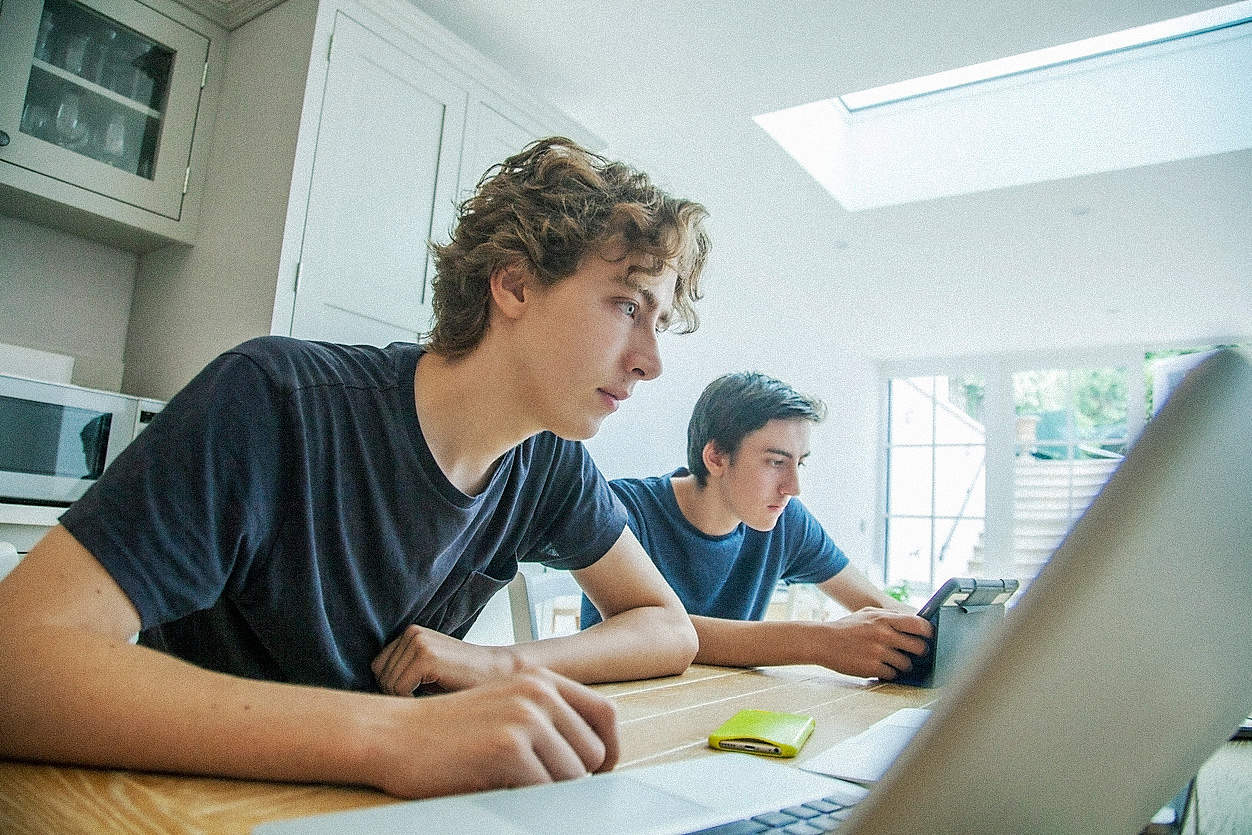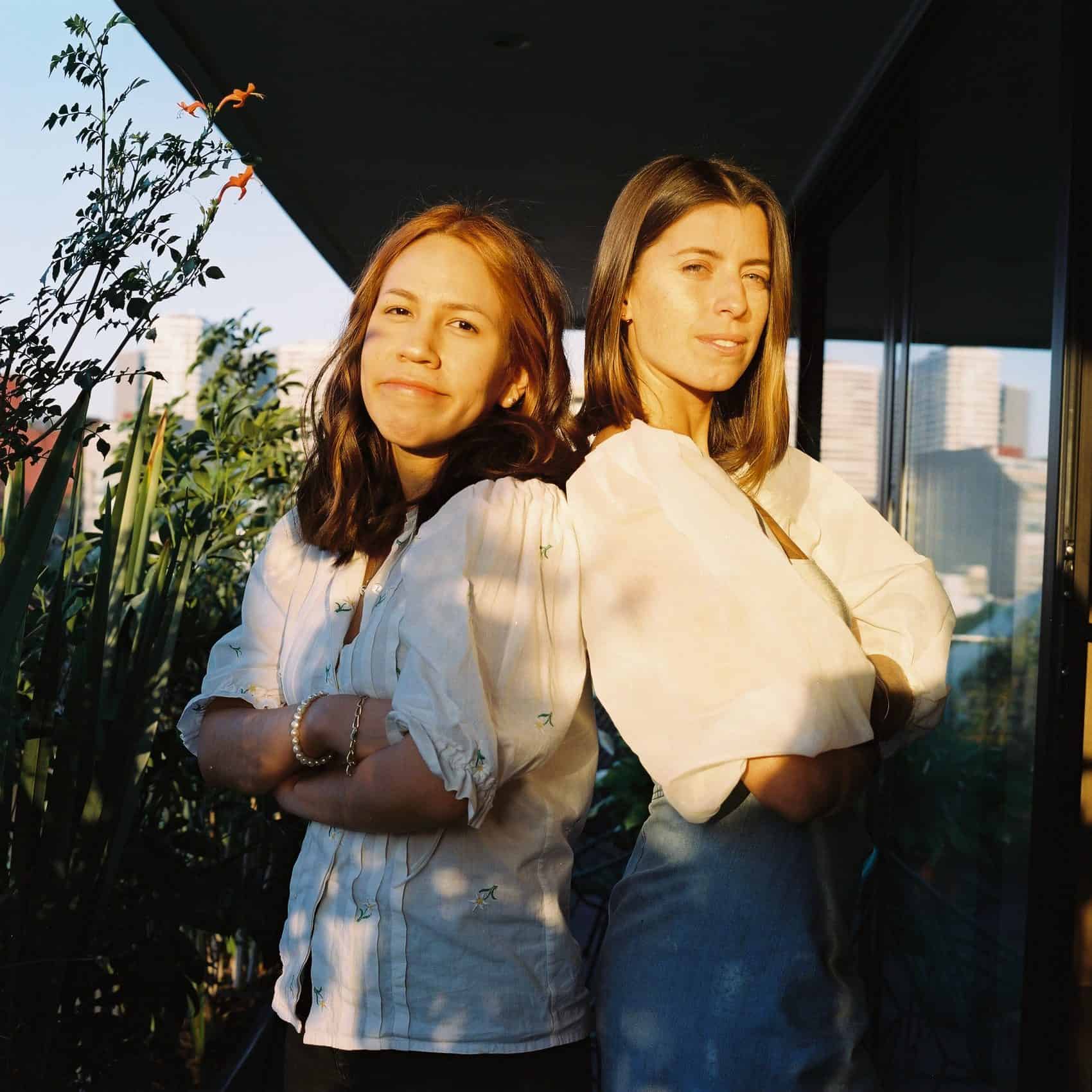
March 7, 2023
Entrepreneurship in your twenties has its benefits.
First, there is time. You can dedicate practically 100% of your productive hours to developing your idea, the product, the strategy. You also have little to lose, being in college or just out of it; economic stability is not yet an issue, and you probably don’t have an apartment, kids, or a job to take care of. Finally, you have the energy to skip vacations and days off and go after your dream.
Sounds good, doesn’t it?
Not so fast. There are things you may not be seeing. Those who went through this process often mention among those they would have liked to know the importance of surrounding themselves with others with experience.
One of them is René Lomelí, partner of 500 Global LatAm, the regional arm of this world-scale VC. “I started young, I failed at the time, and I can tell you what I would have liked to have been told to my face back then,” says Lomelí. “At that age you think you are Superman and everything you read or watch in a story seems great, but you think it doesn’t apply to you, that you are different. The humility of knowing that you are just one more and that you need help is the first thing I would have liked to have been told.”
His experience back then is very valuable today because the guidance he lacked is one of the elements of the VC where he works. “Surrounding yourself with the right people is super important, people with more experience, such as other startup founders, investment funds like ours, angel investors. Surround yourself with them and listen to them.”
“Given the lack of experience, what I look for in these founders is the ability to execute,” adds Lomelí from Mexico City.
6,606 kilometers to the south, in Santiago de Chile, the three co-founders of the Wallstate proptech company, aged between 25 and 26, seem to have heard him: “The great fear of those of us who start very young is that you don’t have experience in the industry. I think the solution to that is to get into it, execute and prove that you can do it well,” explains Mauricio Valdivia, the company’s CTO.
Wallstate was founded in 2021 by Clemente Ortúzar and José Miguel Irarrázaval when they recognized the difficulties of investing in real estate if you don’t have that much money. Mauricio joined them in the following months to provide the technological component that the business required. They became a platform, found interested parties, entered Chile’s Platanus Ventures accelerator program, and won a state fund.
All of this, almost at the same time as their college graduation.
Along the way, they realized that experience was relevant to grow in the real estate business, so to tokenize properties in Chile, they partnered with a more experienced organization to create Reity: “We are associated with Norte Verde, they have a lot of experience and see the world differently than we do. That helps us a lot to better understand where we are and to make better decisions.”

The Wallstate team with Reity’s CEO (Photo: Wallstate).
David Fernández, who heads the Endeavor office in Biobío (Chile), stresses the importance of mentoring when starting a young company and making up for the lack of real-life experience.
“Diversity in the teams is a very good idea. What happens is that it is not always easy to find an older co-founder to help you. Sometimes, it is even complicated to find one of your own age. In that case, I think it is highly recommended to make room for mentoring and listen carefully,” he says.
Those mentorships can help bridge the gap of lack of experience: “I have seen many ventures with very talented and technically well-thought-out people, but they have no real-life experience. That’s why it’s important to be clear, you can’t forget that the need is out there, and you have to go and discover it”, adds David.
This is what they have done at Wallstate. The search for experience has also been nurtured by constant conversations with other founders: “We listen a lot to Agustín Feuerhake and also to Ian Lee,” says Mauricio.
This is relevant because although both founders, one from Fintual and the other from Examedi, have been very successful with their ventures, the latter co-founded his company at the age of 19 without having gone to college. Ian Lee wasted no time. His home medical exams company is a success in Chile, then arrived in Mexico and months ago raised US$17 million to accelerate its regional expansion.
To Ian Lee’s example we can add that of Alfonso De Los Rios, who in 2018 co-founded Nowports in Monterrey being 19 years old. The company, which introduces digital technology in container shipping, was valued at US$1.1 billion in 2022, becoming one of the most recent Mexican unicorns.
Perhaps it is a relatively new phenomenon in Latin America that young people with little or no experience in the industry are very successful. But it is not in the U.S., where talented young people can create gigantic companies. It is well known, but it is worth remembering that some of the biggest and most iconic technology companies were founded by 20-year-olds, such as Google (25 years old), Facebook (19), Microsoft (20), or Apple (21).
Part of the explanation for this phenomenon may be that having a large amount of capital is no longer necessary to get started. Mauricio Valdivia of Wallstate explains: “Today, all you need is a computer to create a product. In our case, the only thing Clemente had was a slow computer with a screen that didn’t work; it was an embarrassment of a machine, to be honest. So as long as you have a computer and a place to sleep, you can start a business. That makes a big difference.”
The example of Clemente persevering in an idea even without having a great infrastructure is powerful to understand other relevant characteristics for a young entrepreneur and that Michelle Fischmann, from Amela, an entrepreneurship network for women in Latin America, values when she meets one under 25: “They have to be very passionate about what they are doing, with agility and mental flexibility to solve problems and at the same time conscious, understanding what is coming, with the emotional intelligence to navigate crises.”

Michelle Fischman (right) and Anaís Cisneros, founders of Amela (Photo: Amela).
Amela, which Fischammn co-founded with Anaís Cisneros, functions as a community to foster women-led entrepreneurship and help them in the process of growing their startups. Fischammn has met many very young founders, most of them between 25 and 35 years old, with very good ideas. With all of them, they always come to one key theme: building a good team is critical.
“The team is always relevant, but a young person has less experience. To generate credibility among investors and, above all, to do things better, you must attract great talent. It becomes very relevant to leverage people with more experience to achieve this,” Michelle emphasizes.
As explained by major organizational consulting firms such as McKinsey and Gallup, building high-performance teams is key to the development of a startup, regardless of the age of its founder. This allows them to have a greater perspective, make better decisions, increase commitment to the organization, and at the same time, continue to attract more talent. In the process, the startup can be more competitive, even if it is small, and can build an agile, flexible, and ambitious culture.
That is what they are doing at Wallstate, growing, optimizing user flows, and improving the product, and now they are thinking of entering other countries where they see an opportunity, such as Argentina. Will it be possible? They are young, impetuous, and hard-working. But they also seem to follow the best practices handbook to the letter. They will probably succeed.
You may also be interested in: Regulation of Airbnb by the Mexican Government Speaks to the Impact on Housing in the Capital